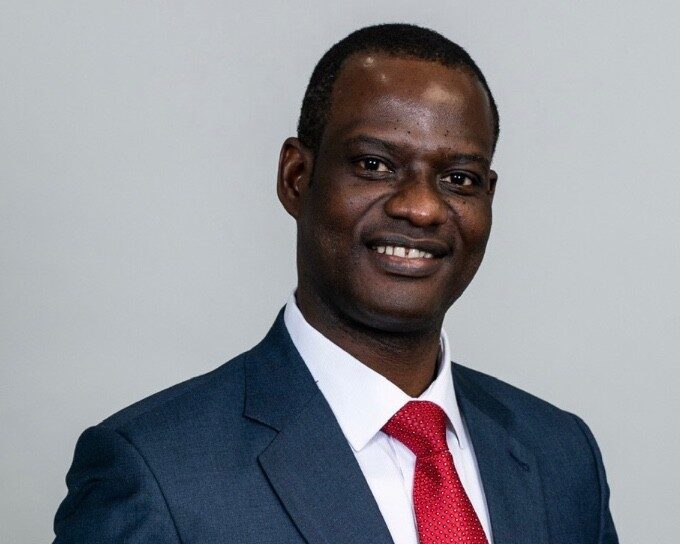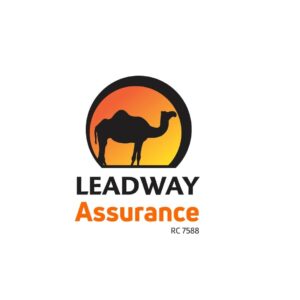Presidency clarifies 5% fuel surcharge as existing charge, not new tax

Chairman, Presidential Fiscal Policy and Tax Reforms Committee, Taiwo Oyedele
Abdullateef Fowewe
The Presidential Fiscal Policy & Tax Reforms Committee has clarified that the 5% fuel surcharge cited in Nigeria’s new tax laws is not a new tax introduced by the current administration.
It reiterated that the charge has existed since 2007 under the Federal Roads Maintenance Agency (FERMA) Act and is only restated in the 2025 Tax Act for “harmonisation and transparency.”
The committee in a statement shared on Saturday by its Chairman, Taiwo Oyedele, addressed key public concerns in a detailed FAQ, underscoring that the surcharge does not take effect automatically with the new tax laws.
It will only commence once the Minister of Finance issues a formal order published in the Official Gazette, ensuring “careful consideration of timing and economic conditions before implementation.”
On the issue of fuel products affected, the committee stated that “several energy products used by households are exempt, including household kerosene, cooking gas (LPG), and compressed natural gas (CNG),” and that clean and renewable energy products are also excluded to support Nigeria’s energy transition agenda.
Regarding the rationale for maintaining the surcharge despite economic hardship, the committee explained the fund is “designed as a dedicated fund for road infrastructure and maintenance,” which aims to “provide safer travel conditions, reduce travel time and cost, lower logistics costs and vehicle maintenance expenses”—benefiting the wider economy.
It noted this approach is common globally, with over 150 countries imposing similar charges to guarantee regular road investment.
The committee also clarified that while fuel subsidy savings contribute some funding, they “are insufficient to meet Nigeria’s huge and recurring road infrastructure needs” and that the surcharge ensures “reliable and predictable financing” complementary to the budget.
Addressing concerns about the tax reforms easing citizen burdens, the committee said the reforms have already “reduced multiple taxes and removed or suspended several charges that directly affect households and small businesses,” such as VAT on fuel and excise tax on telecoms.
Finally, on why the surcharge was moved from the FERMA Act rather than abolished, the committee stated the charge has been “removed from the FERMA Act and incorporated into the new tax laws” to create a “forward-looking legal framework” that prepares Nigeria for “sustainable road financing and even climate change impacts,” clarifying it is “not about immediate implementation” but ensuring clarity for future necessity.




